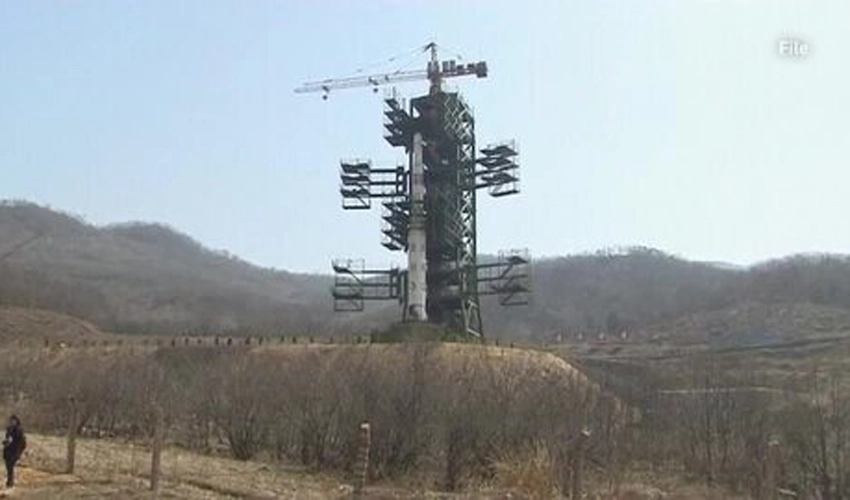North Korea says it tried new fuel in satellite launch that ended in fiery explosion

SEOUL (Reuters) - North Korea's latest satellite launch exploded in a fireball before dropping into the Yellow Sea just minutes after lifting off, but analysts say the attempt showcased new strides in the nuclear-armed country's race for space.
North Korea said, opens new tab its latest attempt to launch a military reconnaissance satellite failed in flight on Monday during the rocket's first stage, which featured a new "liquid oxygen and petroleum engine". An initial analysis suggested that the cause of the failure involved the newly developed liquid-fuel rocket motor, but other possible causes were being investigated, a report carried by state media KCNA said.
Although state media did not name the rocket or release photos, analysts said it was most likely different from the Chollima-1 rocket used in the successful satellite launch in November 2023. The Chollima-1, which also suffered several explosive test failures, uses hypergolic fuels, substances that can be stored at room temperature but ignite on contact each other, requiring careful handling.
US officials and independent analysts said the Chollima-1 appeared to be based on systems developed for North Korea's nuclear-tipped intercontinental ballistic missiles, which typically do not use liquid oxygen because of frigid temperatures required for storage.
A petroleum fuel and liquid oxygen engine may suggest that Russia, which vowed last year to help North Korea's satellite programme, may have provided assistance, said Lee Choon-geun, an honorary research fellow at South Korea's Science and Technology Policy Institute.
"Even if it failed, it is a huge leap," he said, noting that some of South Korea's space rockets were initially developed with Russia decades ago and use similar technology. "Russia is the strongest country for liquid oxygen-kerosene fuel, and our Naro and Nuri rockets have adopted it through technical cooperation with Russia."
Liquid oxygen boils at -183°C (–297°F), and requires specialised fuel storage and other equipment, Lee said. That may account for why North Korea conducted multiple static rocket tests late last year, he added. "It is quite difficult to solve combustion instability problems of this fuel system and apply materials and parts that can withstand extremely low temperatures," Lee said.
Some analysts questioned why North Korea would switch engine types, but Lee said it could allow Pyongyang to separate its civilian space program from the ballistic missiles banned by the United Nations Security Council.
Russian experts have visited North Korea to help with the satellite and space rocket program, Yonhap news agency reported, citing an unnamed South Korean senior defence official. Neither Moscow nor Pyongyang have detailed what aid is being provided.







